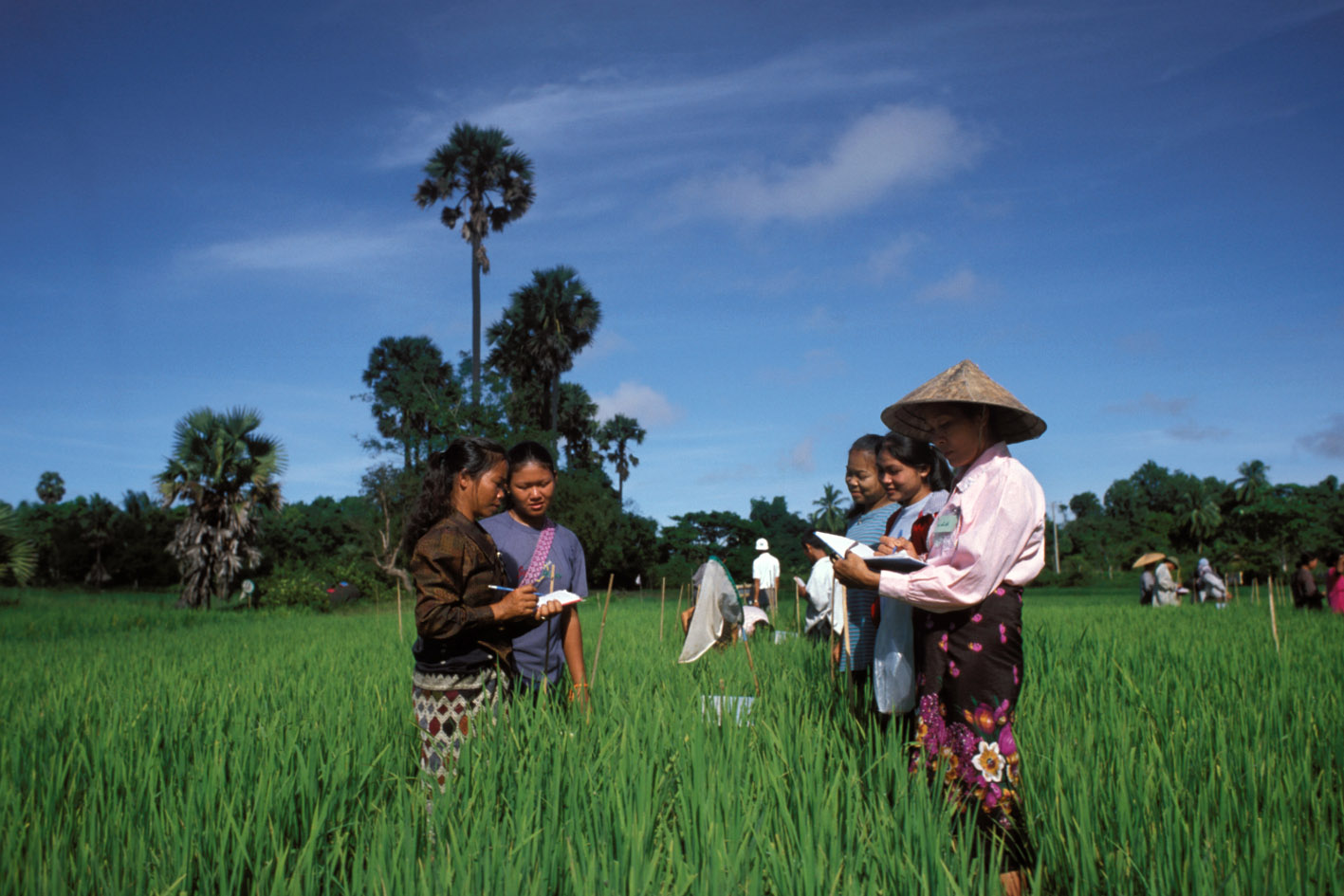Farmer Innovation Fund Impact Evaluation 2010
Ethiopia, 2010
Get MicrodataIdentification
ETH_2010_FIFIE-W1_v01_EN_M_v01_A_OCS
Farmer Innovation Fund Impact Evaluation 2010
| Name | Country code |
|---|---|
| Ethiopia | ETH |
Other Household Survey [hh/oth]
Agriculture accounts for 85 percent of employment and 46 percent of GDP in Ethiopia. As a result, development in Ethiopia depends on strengthening rural capacity through extension services and through supporting farmer associations and training centers. However, it is difficult for such development to be equal across gender because women farmers have less access to agricultural technology. Given that women account for about 60 percent of agricultural labour in Ethiopia, it is important to understand how and why they differ from men in Ethiopia's agricultural sector. The Farmer Innovation Fund (FIF) is a component of the Rural Capacity Building Projects (RCBP) which seeks to strengthen the extension system and increase gender equality in extension services. FIF provides funds to farmer groups to implement innovative ideas developed and partially funded by the groups themselves. FIF also plans to decentralize funding from the woreda, or ward, level to the farmer training center level. To evaluate the effectiveness of FIF, an impact evaluation study was conducted in Amhara and Tigray states, where FIF was rolled out as a randomized intervention. The impact evaluation included three surveys: a baseline, conducted in August-October 2010; a midline, carried out in April 2012; and an end line, administered in June 2013. The data collected from the surveys examined how women-only training programs effect women's participation in agricultural and extension services and which kind of training package is the most effective in improving women's economic empowerment. In addition, the impact evaluation studied the effects that participation in training has on intra-household allocation of resources, decision making within households, and domestic violence. Also, variables related to food consumption enabled an analysis of how training programs affect children's nutrition.
The baseline survey covered 2,675 households. Within each household, surveys were given to men and women. From the 2,675 households, 869 are non-FIF households that were used as a pure control group and the remaining 1,806 were FIF households. A simple lottery design was used to randomly assign half of FIF households to the treatment group and half to the control group. In addition to the FIF households, women in treatment households received FIF training, while women in the control households did not.
Sample survey data [ssd]
Households
Scope
The scope of the study includes:
- Technology adoption and use of extension services
- Agricultural productivity
- Income of men and women
- Willingness to pay for technological innovations
- Intensity of labour supply
- Investment in capital
- Participation in groups and contribution to public goods
| Topic | Vocabulary |
|---|---|
| Agriculture & Rural Development | FAO |
| Financial Sector | FAO |
| Access to Finance | FAO |
| Labor Markets | FAO |
Coverage
Regional
Producers and sponsors
| Name | Affiliation |
|---|---|
| Tigist Ketema | World Bank, Africa Gender Lab |
| Name | Role |
|---|---|
| World Bank | Financial assistance |
Sampling
A FIF subset was rolled out in 40 of the 100 targeted kebeles, or neighbourhoods, as a randomized intervention at the farmer-group level in Amhara and Tigray regions. The sample size of baseline survey was 2,675 households. A simple lottery among the FIF sample was used to divide the sample into treatment and control groups. Specifically, from the 2,675 households, 1,806 were randomly assigned to the treatment group and 869 were assigned to the control group. In the FIF program the incentive was given both to male and female FIF members while nothing was given to those in the control group.
Data collection
| Start | End |
|---|---|
| 2010-08-01 | 2010-10-01 |
Data Access
| Is signing of a confidentiality declaration required? | Confidentiality declaration text |
|---|---|
| yes | https://microdata.worldbank.org/index.php/terms-of-use |
The use of the datasets must be acknowledged using a citation which would include:
- the identification of the Primary Investigator (including country name);
- the full title of the survey and its acronym (when available), and the year(s) of implementation;
- the survey reference number;
- the source and date of download (for datasets disseminated online).
Example:
Tigist Ketema, World Bank. Ethiopia Farmer Innovation Fund Impact Evaluation 2010, Baseline Survey (FIFIE-BL). Ref. ETH_2010_FIFIE-BL_v01_M. Dataset downloaded from [URL] on [date].
Disclaimer and copyrights
The user of the data acknowledges that the original collector of the data, the authorized distributor of the data, and the relevant funding agency bear no responsibility for use of the data or for interpretations or inferences based upon such uses
Contacts
| Name | Affiliation | |
|---|---|---|
| Tigist Ketema | The World Bank | [email protected] |
| Brittany Hill | The World Bank | [email protected] |
Metadata production
DDI_ETH_2010_FIFIE-W1_v01_EN_M_v01_A_OCS_FAO
| Name | Affiliation | Role |
|---|---|---|
| Office of Chief Statistician | Food and Agriculture Organization | Adoption of metadata for FAM |
| Development Data Group | The World Bank | Generation of DDI |
| Gender Impact Evaluation | The World Bank | Generation of DDI |
Metadata version
ETH_2010_FIFIE-W1_v01_EN_M_v01_A_OCS_v01
